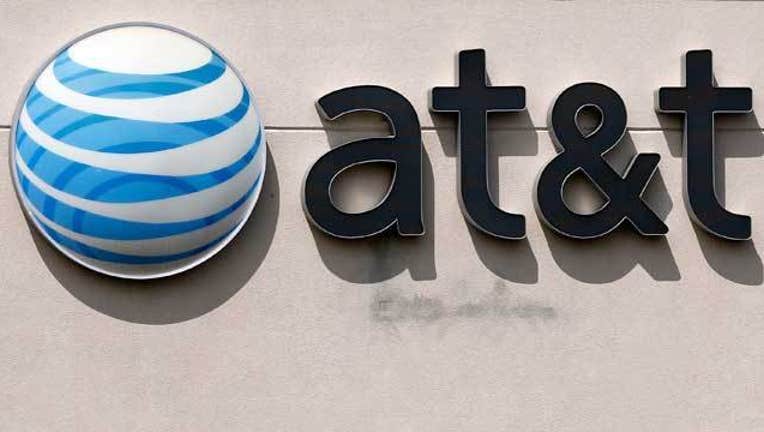AT&T hit with $100M fine for 'unlimited' data plans

WASHINGTON (AP) — AT&T Mobility LLC has been slapped with a $100 million fine for offering consumers "unlimited" data, but then slowing their Internet speeds after they reached a certain amount.
The Federal Communications Commission said Wednesday that the company misled consumers into buying plans they believed would give them unlimited ability to send and receive data, including Web browsing, GPS navigation and streaming videos. But the FCC said that once the consumer receached a certain level, that data would be slowed down significantly, at speeds lower than advertised.
AT&T said it would "vigorously dispute" the fine, which is the largest proposed in FCC history.
"The FCC has specifically identified this practice as a legitimate and reasonable way to manage network resources for the benefit of all customers, and has known for years that all of the major carriers use it," the company said in a statement released to reporters. "We have been fully transparent with our customers, providing notice in multiple ways and going well beyond the FCC's disclosure requirements."
If AT&T can provide evidence that the FCC allegations are wrong, the fine could be reduced. But FCC officials said they were sure that AT&T was profiting off the deceptive advertising.
"Unlimited means unlimited," said Travis LeBlanc, the FCC enforcement bureau chief. "As today's action demonstrates, the commission is committed to holding accountable those broadband providers who fail to be fully transparent about data limits."
The hefty fine by the FCC comes on the heels of a federal lawsuit filed against the company last fall. The Federal Trade Commission, which enforces rules against deceptive advertising, said it wants to refund customers who were offered the unlimited data packages, only to be given slower data speeds than advertised. That lawsuit is still working its way through a federal court in California.
Earlier this year, the FTC accused TracFone Wireless of similar tactics. TracFone agreed to settle the case for $40 million.

